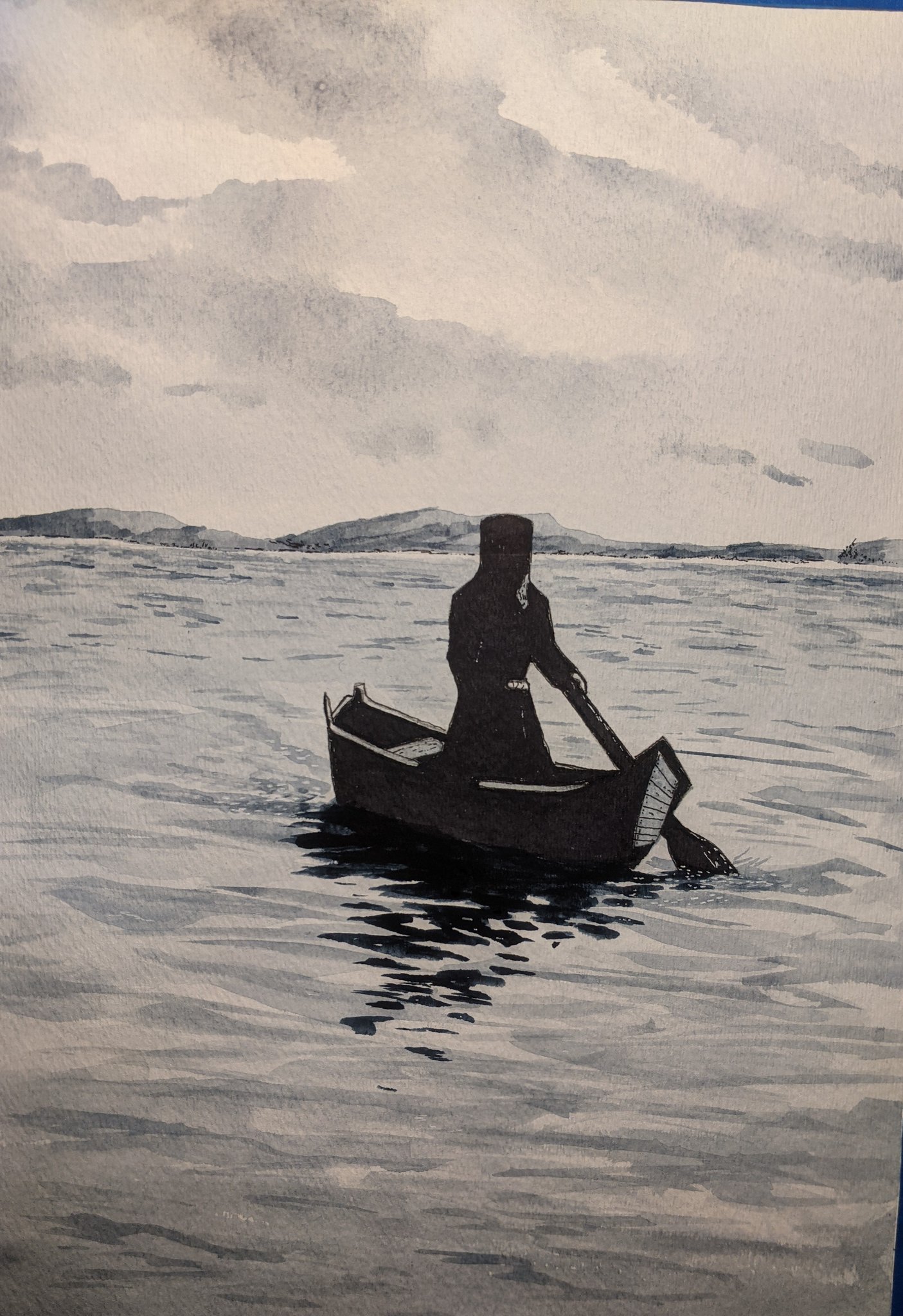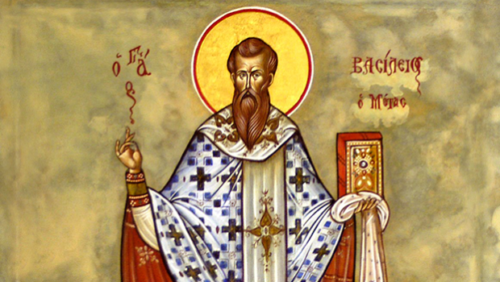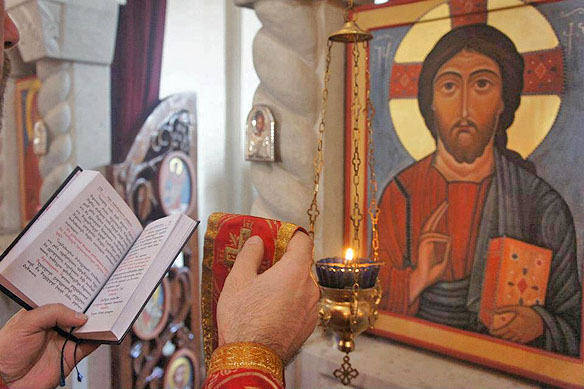I am not Alone
Welcome to memory lane Let us take a little walk.
I have this weird habit of walking around my apartment and monologuing, practicing one side of conversations that will likely never take place. On one hand, it is a good way for me to work through things that have been on the back of my mind for a time. In other ways it is a way to practice my dialogue, for I still have issues speaking, forming sentences on the fly (off script if you will, which is one reason I much prefer writing to speaking). My monologue turned into a diatribe of sorts, and I found this to be unexpected. I came to some self realizations, realized some offenses that maybe I had not forgiven, and found solace in these self revelations, albeit minor in the grand scope of things.
The last 20 years have been no easy road for me. Every real or meaningful thing I had wanted to do in this life was derailed by one thing or another, and at each failure along that journey, most of them were endured alone. I couldn’t join the military because I suddenly became diabetic. I lost my first good job to 9/11. I worked hard for over a year saving for a car, having walked everywhere for a year before that, only to have the money stolen by the man I was buying the car from. I lost my home after helping a friend get back on his feet, he neglecting to tell me he was a registered sex offender. I was homeless for 48 hours. I was denied a government job that would have opened all other doors to me, all because of a bankruptcy caused by hurricanes that took my job and everything else from me. The first time I followed my heart, I ended up in Baltimore and was punished for it.
I remember after losing my job to the hurricanes, and being evicted after helping my friend, I took a test at the workforce center in south Florida. I was referred there by a friend of the man that had taken me in. After taking the aptitude test, we were walking down the hall and talking. I hadn’t noticed she stopped until I was a few paces ahead. I looked back and she was staring at the page with my test results. She simply looked up at me:
“Why are you here?”
“I need a job?”
“Yes, but why are YOU here? We don’t get test scores like this here?”
I had a job within a week. It was not long after this I followed my girlfriend at the time to Baltimore, and found myself floundering in another hopeless situation with no job, and no way out. In the end I went home.
There is a lot more to that story, but that is for another time. I did not know where I was going. I did not know what I was doing. All I knew is I was searching FOR something that had meaning, and that was bigger than myself. I wanted something that gave my life meaning, because few others in my life have ever seen any meaning in it.
Then I found the Church.
Looking back over the last 7 years, while that journey has only gotten tougher, I have never been more determined. While others may not see value in what I do, I could care less.
Before I even began my educational journey, I had a stroke. I lost the ability to talk clearly, write anything legible at all, and typing was a near impossibility. I sounded like I had downs syndrome for months, and it took many months after that to regain some degree of muscle memory. After much hard work I regained about 80% functionality, without which online schooling would have been an impossibility.
The following year, at the end of my very first semester of what would be 5 years of school, I went into full respiratory failure from my 7th bout with pneumonia. It was right in the middle of finals, and it was a miracle there alone that I passed. I was Chrismated onto what was supposed to be my death bed. Looking back years after the fact, I see the lineup of dates involved and realize that I was not alone. January 7th is Christmas on the Old Calendar for the Orthodox Church; January 9th was my Birthday; January 11th was the day I almost died; January 14th is Saint Basil’s feast day, for whom I was Chrismated and later named at my ordination.
In my room, I was given a a framed paper icon of Saint Luke of Crimea. I could have sworn I saw a single tear run down the glass, but I dismissed it at the time. A couple days later I was able to get out of bed and I inspected the framed icon, and on the glass there is a single streak that was not there before, from his right eye half way down the glass. I still have that icon. That streak is still there. At that moment, I knew I was not alone.
For the next three years I was expected to read stacks of books for my theological education, and then my vision started to fail. Multiple eye surgeries, and countless migraines from reading so many books on one functioning eye took its toll over time, but I finished.
In the months leading up to finals, and eventually Ordination, the home life fell apart. Amanda’s car broke. Amanda broke her foot shortly after having major surgery. For two and a half months I worked overtime, sold things of sentimental value to me in order to keep the house afloat on my paycheck alone. Yet, I finished up my last semester while doing all this and working more than full time hours.
The day I was ordained, my retina detached. I had yet another eye surgery the following week. Not long after this, though I was not looking, a door opened and I could not pass by and started my Bachelors in History. Sometime after all this, Amanda started having her own issues. I won’t go into details, but a year later it ended in my being served divorce papers, and right in the middle of finals. Yet, on the day I was served, I was called and approved for an apartment, something I was told never happens that quickly, like ever. Also that day, I received in the mail a vial of myrrh from the Holy Myrrh streaming Iveron icon in Hawaii. At that moment, I knew I was not alone.
Now that I have finished school, I am awaiting my next step. What is the road I will take next? In the meantime, my life may or may not have meaning, but it is doing something meaningful. I serve the Church every week as much as I am able. I perform those duties that are given to me that are of import to others. I have continued my writing, of which others have found useful, and many more are encouraging me to publish. I get messaged daily by people daily on Twitter, Discord, sometimes Facebook, and even email, all asking me for advice. I don’t have a beacon lit, and I am a sinner just like the rest of them, so I have no idea why they come, but I make myself available to all those who seek it. I myself am unimportant, and someday I will pass on, but my work will live on after me and hopefully be of benefit to others for years to follow.
I could die in my apartment right now, and it would likely be a week or more before anyone realized I was missing (except maybe my boss, or Peter, because no one wants my job), but even in realizing this, I will always remember that I am not alone. Yes, I am eccentric, sometimes temperamental, maybe even a little OCD, and for this reason there are many people that don’t want to be around me; yet, even in my isolation, I am not alone. I ride a motorcycle, for why drive a 4 door car when you have no one to ride with you; yet, despite the number of wheels beneath me, I am not alone. I wanted a wife and family more than words can express, and for a time I had a wife I loved, and a daughter that I always wanted. Even though others have sought to take this away from me, and even though I can never have this again, it is at least comforting to know that I am not alone. Friends have turned their back on me; awards, events, graduations and all things of import to me have been walked alone, but regardless if my side is empty, I will always know that I am not alone.
Loneliness is born of blindness. Open your eyes and see that you are not alone.







